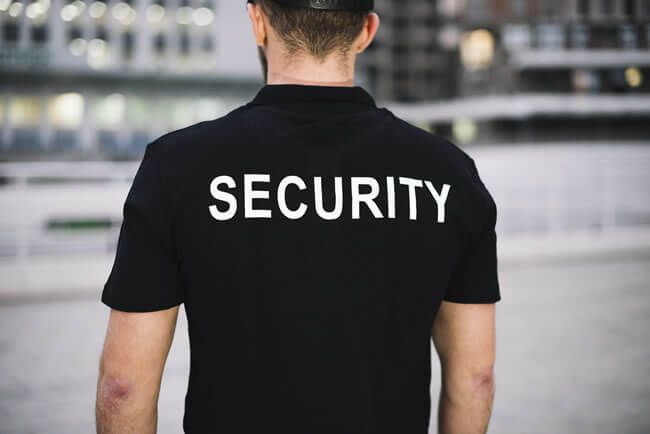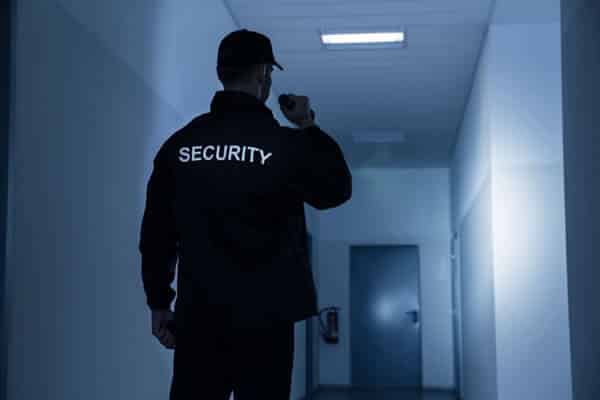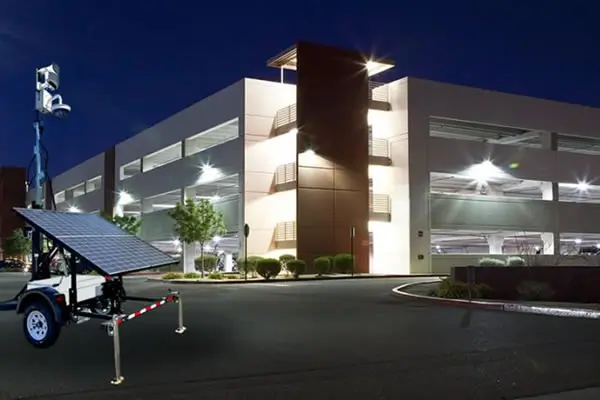Security Protection – Places of Worship
Religious organizations require a specialized approach to security; balancing a welcoming and opening environment with one that is safe for all congregants. Samaritan is an established leader in the protection of religious venues and figures.
Threats of violence remain a significant concern to places of worship. Organizations of all faiths and denominations trust us to provide both overt and covert protective services. From active shooter prevention to facility security surveys and security personnel training, Samaritan provides relevant risk management solutions.
Contact us today to learn more about our risk mitigation strategies.
House of Worship Security
As threats of violence remain a significant concern to places of worship, Samaritan is an established leader in the protection of religious venues and figures. Organizations of all faiths and denominations trust us to provide both overt and covert protective services. Religious organizations require a specialized approach to security, as they must balance a welcoming and opening environment with one that is safe for all congregants. Samaritan has the experience and trained personnel to support the needs of religious organizations of all sizes.
Places of Worship Security Measures
Ensuring security at places of worship is crucial to safeguarding congregants, staff, and the overall environment. Security measures should strike a balance between maintaining an open and welcoming atmosphere while addressing potential threats. Here are some security services and considerations for places of worship:
- Security Assessments:
- Conduct regular security assessments to identify vulnerabilities and develop strategies to address them.
- Consider hiring professional security consultants to evaluate the physical and operational aspects of security.
- Access Control:
- Implement controlled access points for both pedestrians and vehicles.
- Use electronic access systems, security personnel, or volunteer greeters to monitor and control entry.
- Surveillance Systems:
- Install and maintain CCTV cameras in strategic locations, including entrances, parking lots, and common areas.
- Ensure cameras cover blind spots and operate effectively in various lighting conditions.
- Security Personnel:
- Employ trained security personnel or work with reputable security services.
- Assign security personnel to monitor entrances, patrol the premises, and assist during events or services.
- Emergency Response Planning:
- Develop and practice emergency response plans for scenarios such as fire, medical emergencies, or security incidents.
- Conduct regular drills involving congregants and staff to enhance preparedness.
- Community Engagement:
- Foster a sense of community and encourage congregants to be vigilant and report any suspicious activities.
- Establish a security committee or team comprised of dedicated volunteers.
- Communication Systems:
- Implement effective communication systems, including two-way radios or mobile apps, for security personnel and staff.
- Ensure a quick and coordinated response in case of emergencies.
- Training and Education:
- Provide training to staff and volunteers on recognizing potential security threats.
- Educate congregants on emergency procedures and the importance of reporting unusual activities.
- Parking Lot Security:
- Monitor parking areas to prevent thefts, vandalism, or other security incidents.
- Consider implementing lighting, surveillance, and patrols to enhance parking lot security.
- Cybersecurity:
- Protect sensitive information through robust cybersecurity measures, especially if the place of worship uses online platforms for communication or donations.
- Collaboration with Law Enforcement:
- Establish relationships with local law enforcement agencies.
- Coordinate security efforts and share information about potential threats.
- Regular Review and Updates:
- Periodically review and update security measures to adapt to changing circumstances.
- Stay informed about the latest security technologies and best practices.
Remember, security measures should be implemented in a way that respects the open and welcoming nature of places of worship. It’s important to involve the community in security discussions and create a balance between safety and maintaining the spiritual and inclusive environment of the place of worship.
Contact Samaritan Protective Services today for security consulting.
Samaritan Protective Services offers Executive & VIP Protection, Political Event Security, Corporate Investigations, Workplace Protection / Security, Country Club / Golf Course, Religious Place Security, Grocery Store Security, Office Building Security, Movie Theater Security, Museum Security, Financial Institution Security, Shopping Mall Security, Hotel Security, Restaurant Security, Hospital / Healthcare Security, Hotel Security, Nightclub Security, Parking Lot Security, Auto Dealership Security, Uniformed Security Services, K9 Detection Working Dogs, Body Guard Services, Places of Worship









